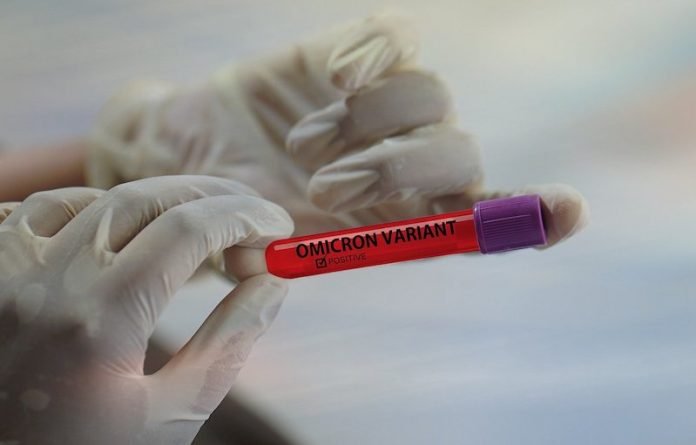
Scientists from Leibniz Institute for Primate Research found that emerging omicron subvariants BA.2.12.1, BA.4 and BA.5 are inhibited less efficiently by antibodies.
The research is published in The Lancet Infectious Diseases and was conducted by Prerna Arora et al.
The omicron subvariants BA.1 and BA.2 of SARS-CoV-2 have dominated the COVID-19 pandemic in early 2022.
In many countries, these viruses are now outcompeted by emerging subvariants, with BA.5 being responsible for the current uptick of cases in Germany.
However, it is at present largely unclear whether the “new” omicron subvariants BA.2.12.1, BA.4, and BA.5 acquired biological traits that allow for more efficient transmission or whether they are less efficiently blocked by antibodies compared to the “old” omicron subvariants BA.1 and BA.2.
In the study, the team found that most of the antibodies available for the treatment of COVID-19 patients do not inhibit BA.2.12.1, BA.4, and BA.5 at all or only inhibit with reduced potency.
The antibody Bebtelovimab constitutes the only exception since this antibody blocked all tested variants with high efficiency.
Furthermore, the study found that the omicron subvariants BA.2.12.1 and especially BA.4 and BA.5 are inhibited worse than their predecessors BA.1 and BA.2 by antibodies generated after vaccination or inoculation followed by infection.
Thus, BA.2.12.1, BA.4, and BA.5 are immune escape variants.
A pass-through infection with “old” omicron subvariants confers only limited protection against infection with “new” subvariants.
These results confirm a trend that omicron subvariants are not appreciably inhibited by most therapeutic antibodies and the few antibodies that inhibit frequently do so in a subvariant-specific fashion.
Therefore, it is important to develop new antibodies in order be prepared for future subvariants.
If you care about COVID, please read studies that people with type 2 diabetes are hit harder by COVID-19, and this plant extract can inhibit COVID-19 virus.
For more information about COVID, please see recent studies about new drugs to fight COVID-19, and results showing people with this heart problem 5 times more likely to die in COVID-19.
Copyright © 2022 Knowridge Science Report. All rights reserved.



